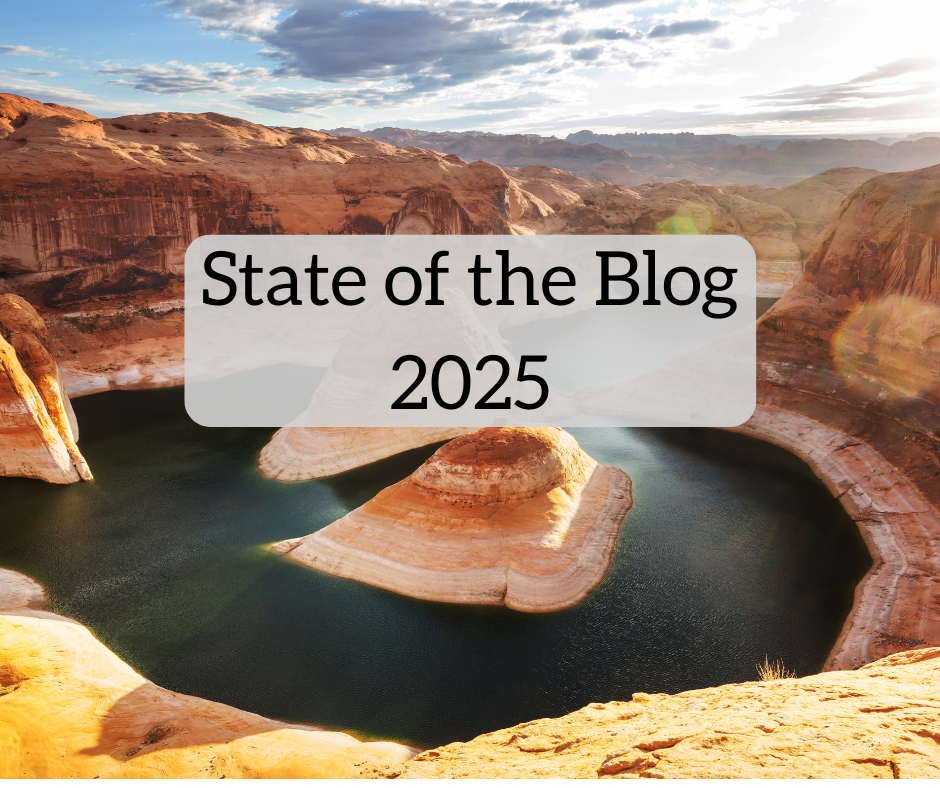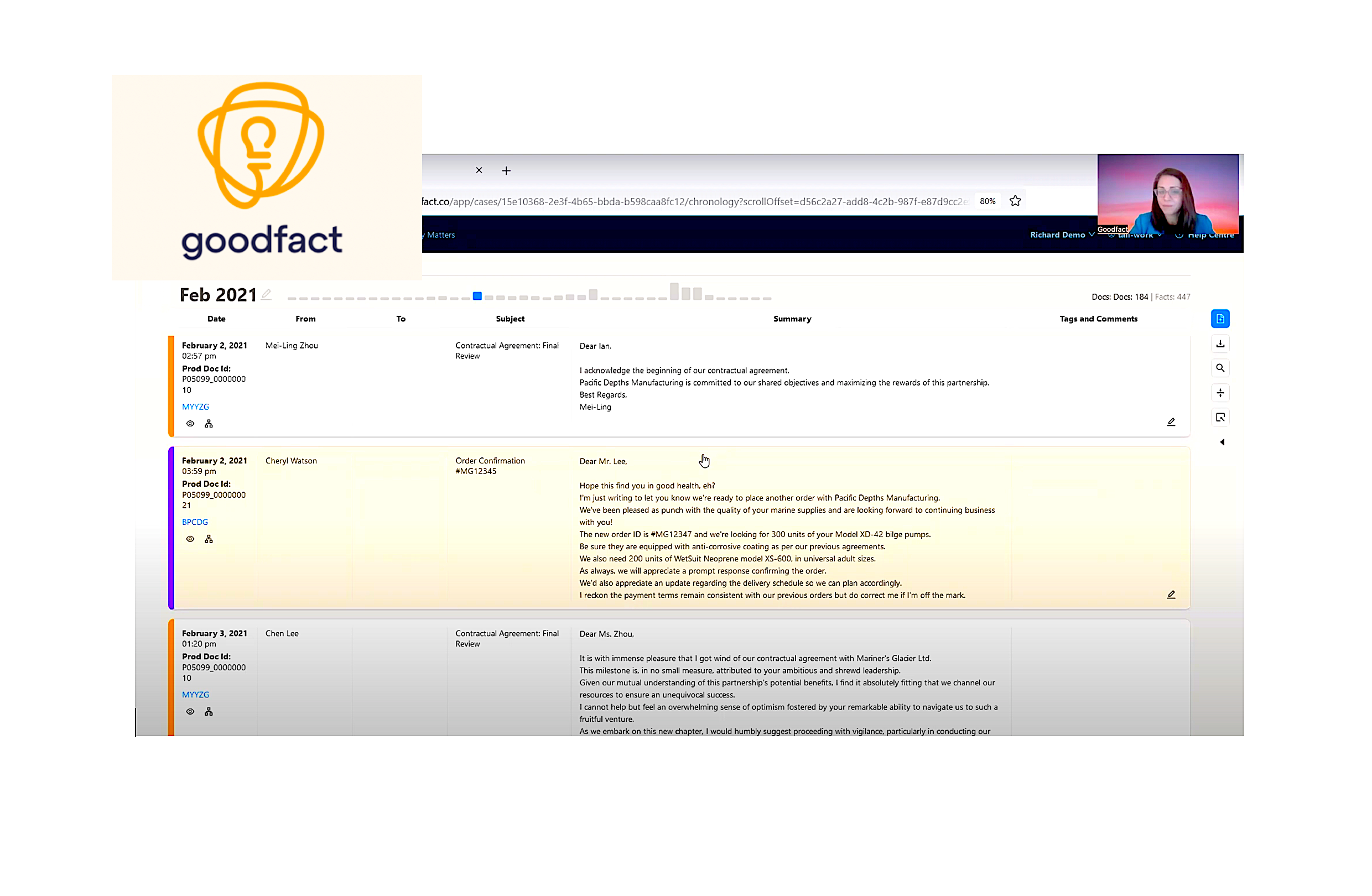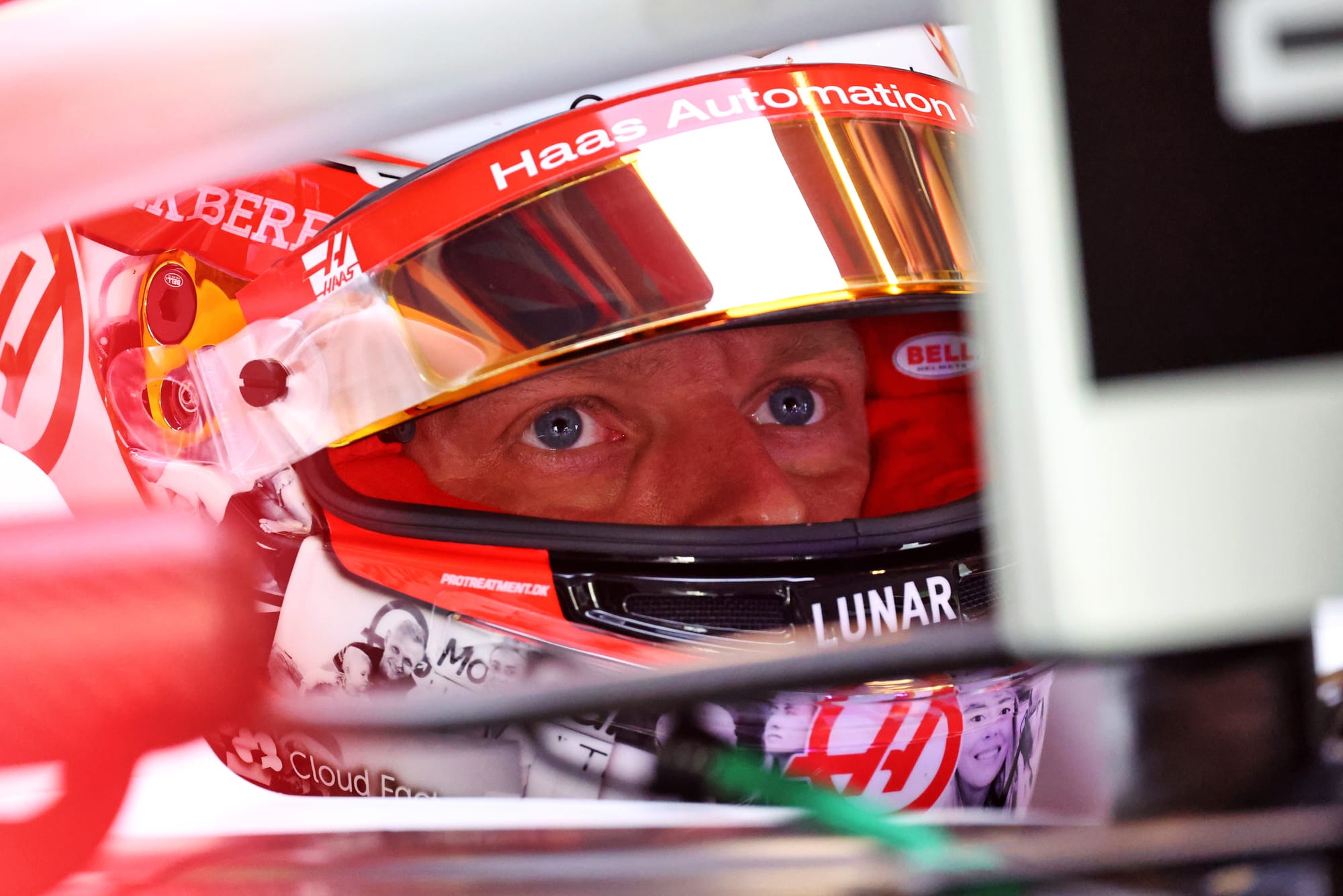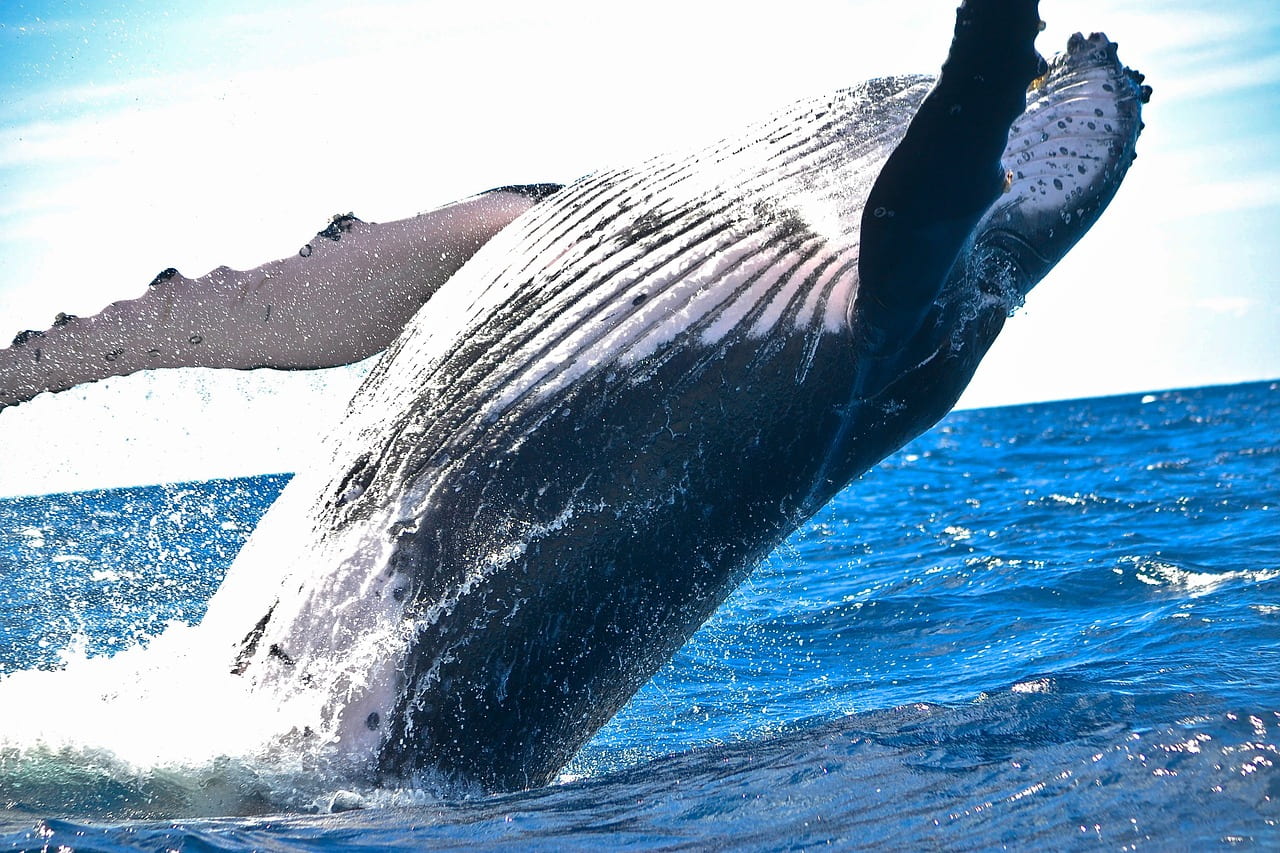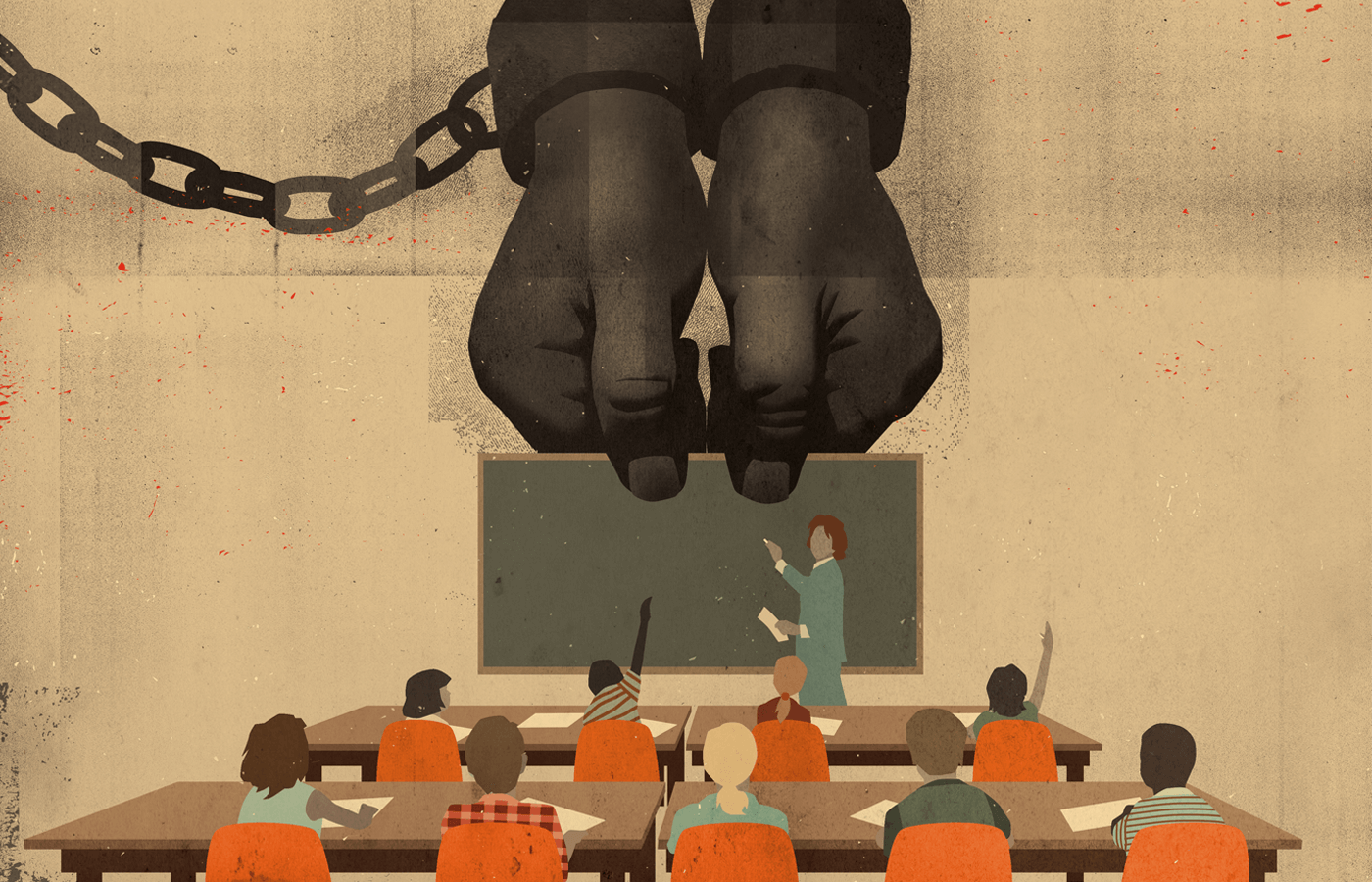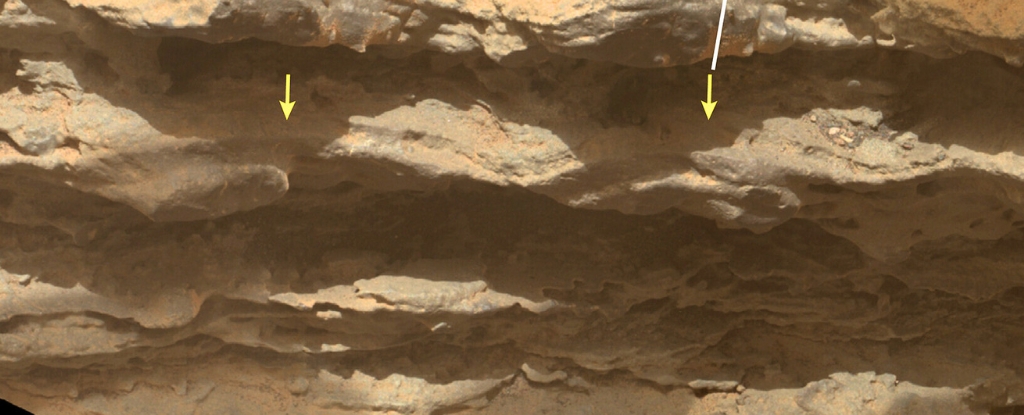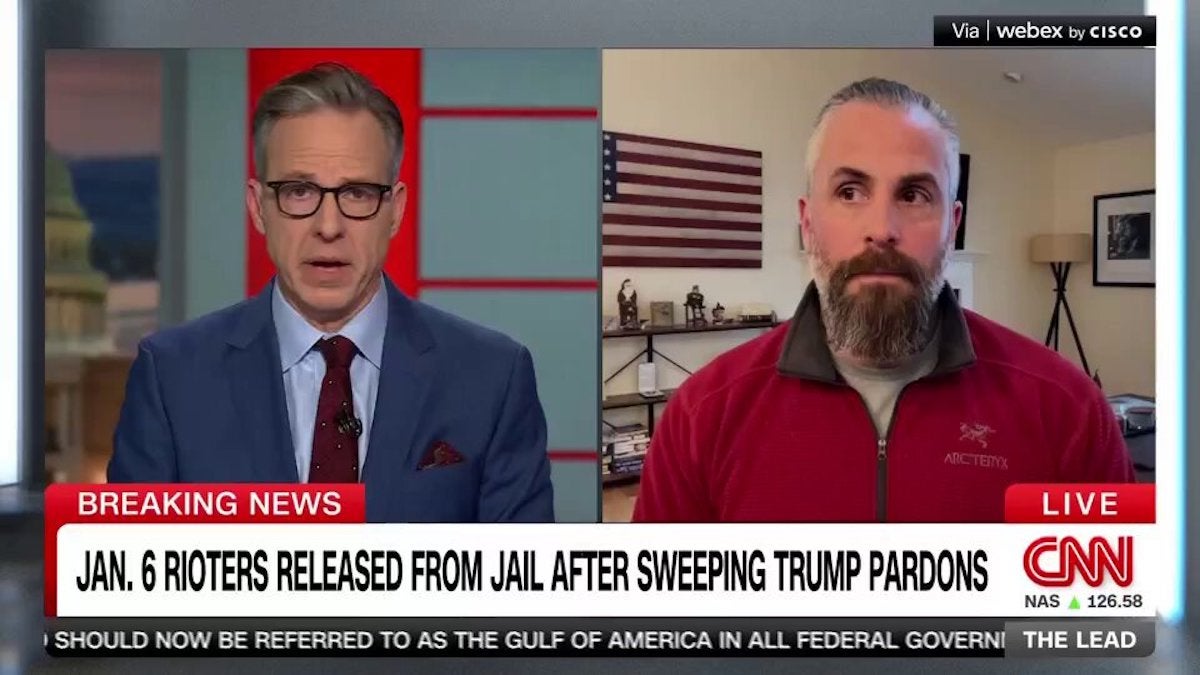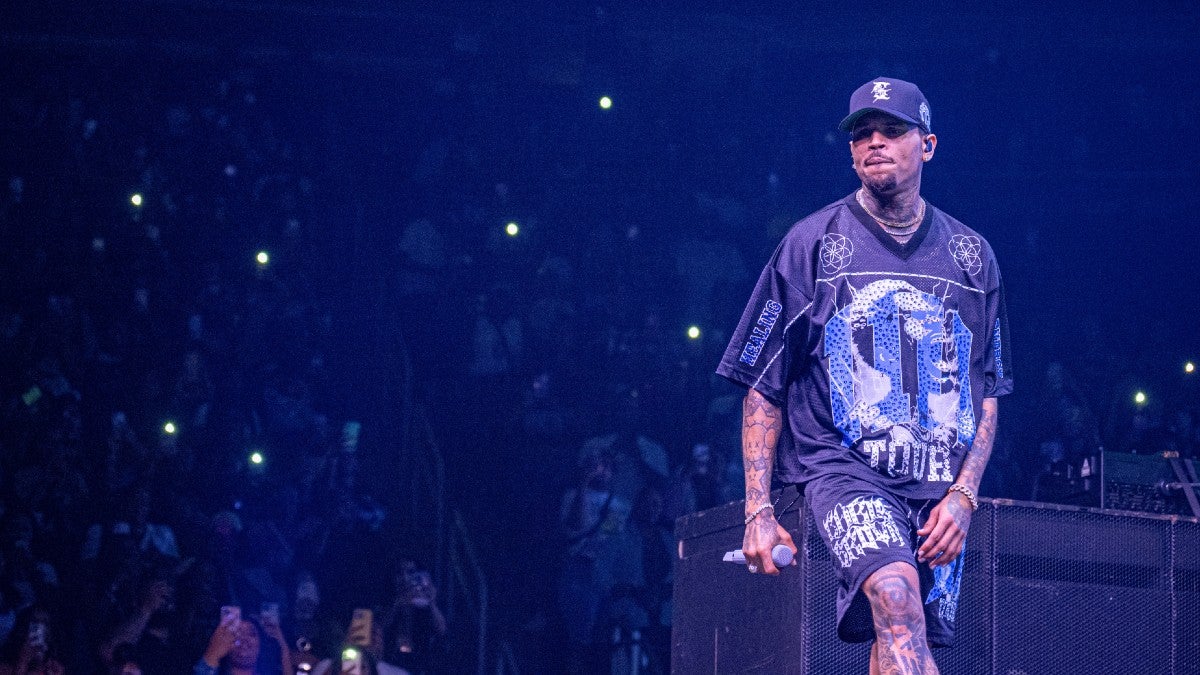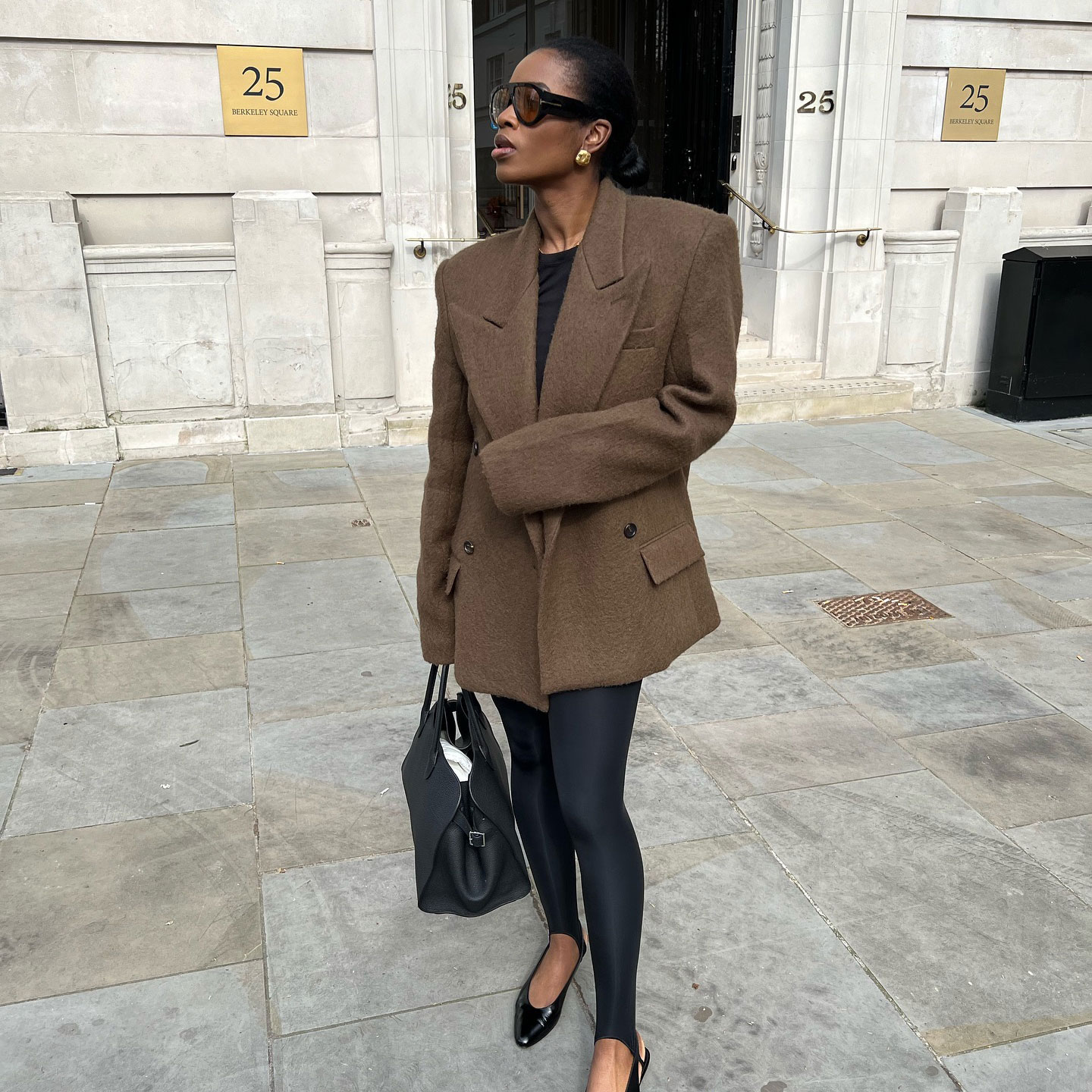Down to Earth, Vox’s project on the biodiversity crisis, enters its 4th year
As Down to Earth enters its fourth year, the urgency surrounding the global biodiversity crisis has never been more apparent. When we launched this project in 2021, our mission was clear: to bring the complex issues surrounding biodiversity into the public eye in a way that was both accessible and compelling. Since then, we’ve dug […]


As Down to Earth enters its fourth year, the urgency surrounding the global biodiversity crisis has never been more apparent. When we launched this project in 2021, our mission was clear: to bring the complex issues surrounding biodiversity into the public eye in a way that was both accessible and compelling.
Since then, we’ve dug deep into the forces threatening the natural world, from deforestation and habitat destruction to the cascading impacts of climate change. Our reporting has been featured by the national Climate Desk collaboration, shared by popular national radio and broadcast programs, and has been cited in government reports that help inform policy. Vox is one of the nation’s few mainstream newsrooms that is committed to covering biodiversity. Along the way, we’ve showcased the wonder of nature — its complexity, vibrancy, and immense value — while making the case that biodiversity isn’t just a concern for ecologists; it’s something that impacts every single one of us.

In the years that have passed since we launched Down to Earth, the biodiversity crisis has deepened. Over a million species face extinction, ecosystems such as the Amazon rainforest are tipping into collapse, and climate change is playing an increasingly influential role in the decline of biodiversity. The need for informed conversation and urgent action has never been more pressing. Protecting biodiversity isn’t just about saving the animals and plants we love; it’s about securing the foundations of human life itself — our food, water, medicine, and climate stability. The need for robust, thoughtful, and accessible reporting on these issues is clearer than ever.
This year, we’re excited to build on our coverage. We will tell stories that explore big ideas in the environmental movement; spark wonder and celebrate the incredible species with which we share the planet; connect news and emerging research to real-world stakes; and explain how animals and ecosystems are changing under human influence.

At Down to Earth, our mission is to make biodiversity more mainstream — and make it a central part of the conversation we’re all having about the future of our planet. We believe that understanding the natural world doesn’t have to be daunting or depressing. That’s why we approach every story with the same down-to-earth, approachable, and conversational style that Vox is known for. Whether we’re diving into complex scientific research or telling the stories of the species and ecosystems most at risk, we want you to feel like you’re right there with us, learning and exploring together. We’re here to make this conversation as engaging and accessible as it is urgent.
With the support of the BAND Foundation, we’re poised to explore conservation’s most pressing questions today, with the expertise of environmental correspondent Benji Jones leading the charge. We’ll also feature contributions from a diverse range of freelance writers, all bringing fresh perspectives and stories.

In our next chapter of Down to Earth, you’ll continue to find stories that not only inform but also inspire action. From the unseen heroes of the natural world — the enigmatic species that provide essential services to humanity — to the big-picture investigations into predator restoration and the environmental policy decisions shaping our future, we’re committed to giving you the full picture.
As we move forward, our goal remains the same: to help you understand why biodiversity matters — why it’s worth protecting — and to connect the dots between the natural world and the broader, urgent challenges facing humanity. The crisis is real, but with awareness, action, and engagement, we can still save so much.

What's Your Reaction?












